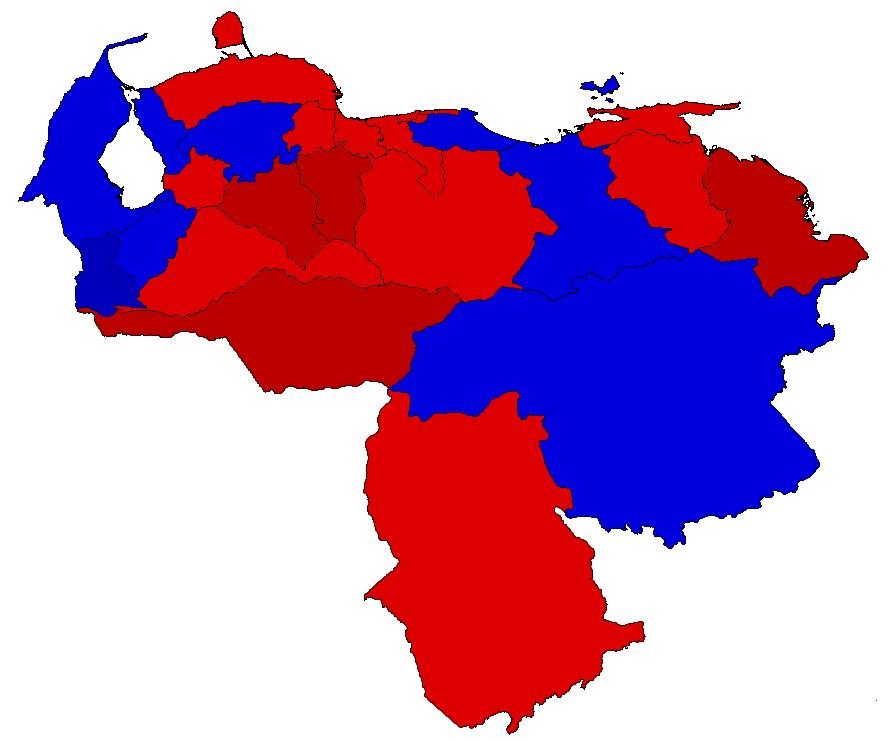Chavez's death changed forever the Venezuela's point of view and the Bolivarian Revolution, which Chavez in person leaded; Nicolas Maduro was appointed as temporary President of Venezuela until the elections of april 14th, 2013.
The first problem came with the Maduro's nomination to be the temporal president. According to some interpretations of Article 233 of the Venezuela's constitution that says:
The President of the Republic shall become permanently unavailable to
serve by reason of any of the following events: death; resignation; removal from office by decision of the Supreme Tribunal of Justice; permanent physical or mental disability certified by a medical board designated by the Supreme Tribunal of Justice with the approval of the National Assembly; abandonment of his position, duly declared by the National Assembly; and recall by popular vote. When an elected President becomes permanently unavailable to serve prior to his inauguration, a new election by universal suffrage and direct ballot shall be held within 30 consecutive days. Pending election and inauguration of the new President, the President of the National Assembly shall take charge of the Presidency of the Republic . When the President of the Republic becomes permanently unavailable to serve during the first four years of this constitutional term of office, a new election by universal suffrage and direct ballot shall be held within 30 consecutive days. Pending election and inauguration of the new President, the Executive Vice-President shall take charge of the Presidency of the Republic. In the cases describes above, the new President shall complete the current constitutional term of office. If the President becomes permanently unavailable to serve during the last two years of his constitutional term of office, the Executive Vice-President shall take over the Presidency of the Republic until such term is completed.
I pointed these two parts because part one was what most international medias took and appointed suggesting that Diosdado Cabello, the Chief of the General Assembly was the right successor of the president Hugo Chavez but the Supreme Court failed in favor of Maduro because according to his interpretation, Hugo Chavez assumed the Presidency, therefore, the Executive Vice-President (Nicolas Maduro) is the nominated to take in charge of the Presidency.
After that, Maduro participated in elections against Henrique Capriles, Governor of Miranda; when Maduro won the election with a very close margin (50,6% against 49,1%), Capriles denounced a sabotage of the elections and called for an audit for 50% of the votes. When the audit was over and the National Electoral Council determined that everything was in order, Capriles wasn't satisfied and still denouncing "electoral fraud" but this time claiming that the signature of all the records and fingerprints. Maduro sworn and took office in August, 2013.

After the possesion, Maduro inherited a full country with so much social assistance and a big economic inflation, the biggest one in South America. In many states, the discontent was very big but Maduro wasn't powerful enough to shut down these protests. At the moment of write this, the marchs and general discontent still being very big.
Politically, Maduro leads a divided political party (Partido Socialista Unido de Venezuela or PSUV) since the Chavez's followers or chavists still taking different paths and the President can't a way to unite consistently.
In the international relations' field, the Bolivarian Revolution that Chavez lead once, now Maduro can't maintain because the oil's price, principal support of their political propaganda, was going down and himself don't have the personality to take the wheel. His commons accusations to the United States' imperialism still have some reception in several political parties in America but with time this is dissapearing and after the Castro's annoucements of re-open the political relations with the White House, one of the top accusations, Maduro is now considering to calm down more and more the "anti-imperialist" speech.
